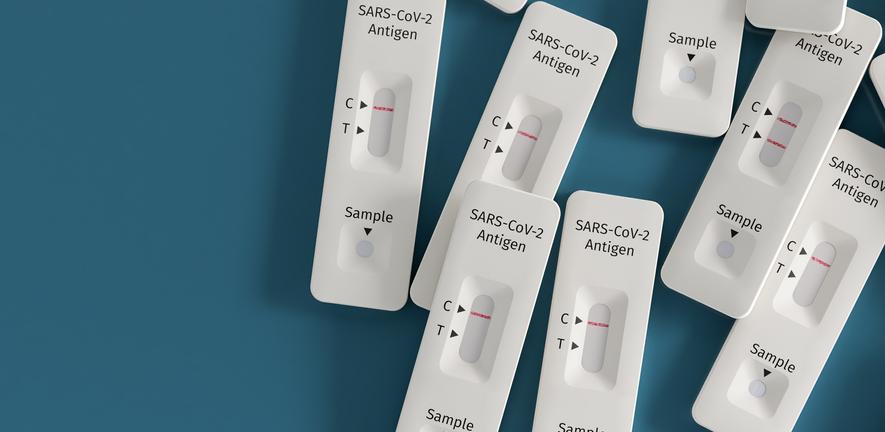
Møller Institute
This one-day in-person event aimed to take a retrospective look at asymptomatic testing during the COVID-19 pandemic, as well as a forward look on what lessons can be learned to help the research community develop better models and government make better policy decisions in the future.
Background
In March 2020, when asked what countries should be doing to mitigate spread of COVID-19, Tedros Adhanom Ghebreyesus, the head of the World Health Organisation, responded “Our key message is: test, test, test”. At the time, the only SARS-CoV-2 testing available was via lab-based Polymerase Chain Reaction (PCR). Furthermore, many governments were struggling to expand capacity quickly enough, and in the UK, testing was limited to hospitalised cases and staff in high-risk settings.
Since then, we have seen the advent of numerous rapid antigen tests that are significantly cheaper than PCR and can be performed at home. In the UK, these tests were made freely available to all residents, with people being advised to take these tests regularly when asymptomatic. Meanwhile, the pandemic waxed and waned with the advent of new more transmissible variants and the rollout of vaccines. So, is it possible to unpick, amidst all these changes, how much impact asymptomatic community testing has had, both in the UK and in other countries? What factors determine whether policies around testing, either at the national or institutional scale, had a positive impact or not? How can the lessons learned from COVID-19 help us develop better models and make better policy decisions in the future? This workshop explored all these questions through talks and discussion with some of the researchers who have worked at the forefront of the national and international response to the pandemic.
This in-person event was guided by links with the JUNIPER Consortium and was delivered by the RAMP Continuity Network, the follow-on to the Royal Society’s Rapid Assistance in Modelling the Pandemic (RAMP) initiative. It brought together modelling expertise from a diverse range of disciplines and supported the pandemic modelling community already working on COVID-19.
Aims and Objectives
This one-day in-person workshop aimed to bring together those that have worked at the forefront of the response to the pandemic to present work on following session areas.
- How does asymptomatic testing reduce transmission? SARS-CoV-2 in-host dynamics and testing technologies.
- Learning from setting specific examples. The role of testing in controlling COVID-19 in education, healthcare, and work settings.
- Challenges and opportunities in predicting the impact of asymptomatic testing for future variants or novel infectious diseases.
Each of the sessions consisted of three talks with time for questions from the audience.
There has also been a panel discussion and Q&A session, exploring the question: Where are we now with testing as restrictions and interventions are being removed?
Posters
There was the opportunity to present a poster.
Programme, Registration, and Funding
A Programme is now available to view via the left-hand panel.
This event took place at the Møller Institute, Churchill College, Cambridge.
Registration for this event is now closed. If you have any queries please contact gateway@newton.ac.uk.


